Most of us love a good pork sausage and it’s certainly an easy supper for the family, but is it ‘Real Food’?
Well, it might be!
Certainly it is simpler to answer this question if you are eating a pork chop than a sausage because, unless the chop is marinated or sprinkled in something, there is nothing in it except unprocessed pork, which is easy to describe as ‘Real Food’.
If we are getting really nit picky about it though, we could acknowledge that there is pork and pork and some is more nutritious than others…..
Theoretically unflavoured (plain) pork chop provides you with nutrient-dense food in the form of protein and some fat, vitamins and minerals. Free-range pork hopefully has better animal welfare behind it, but not necessarily. All free-range means is that it had access to the outdoors whilst alive. There is a chance that the pig did move about more whilst it was alive with a muscle fat ratio by way of evidence. However, it might still have been living in poor indoor conditions most of the time and it is still possible that it died in a way that caused the meat to be laced with stress hormones. It is worth looking out for labels that state ‘outdoor reared’ or ‘outdoor bred’ rather than just free-range. There are various welfare awards that Pig Farmers can achieve too.
The flavour in the pork will also depend on the food the pig ate. Neighbours of mine who rear a few of their own pigs each year let them tootle about outside all day and ‘finish’ them with treats of acorns and apples, and the meat is delicious as a result. Industrially farmed pigs however may be on a diet of corn, soy, cereal, bone meal, whey or even food waste. Pigs are not fussy eaters which is some of the reason some people advise avoiding pork meat in your diet.
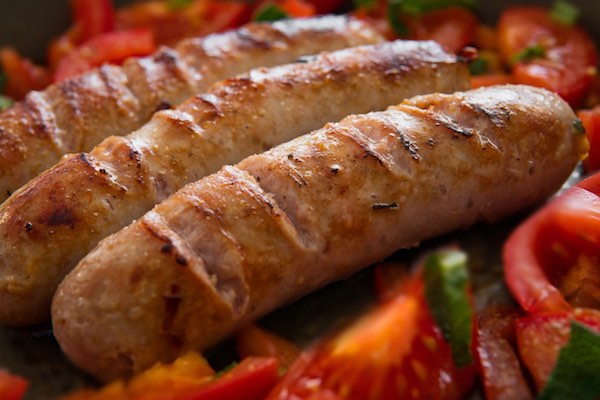
Still on the subject of nutrition, organic pork won’t contain the raft of synthetic chemicals that non-organic pork might (eg antibiotics). Organic meat will also contain more beneficial Omega-3 fatty acid and in the UK all organic pigs are outdoor reared (with access to straw bedded huts and large paddocks) but organic meat from Europe does not come with this guarantee and the pigs may have only had some access to an outdoor run. So my preference would be for organic pork from a pig bred and slaughtered in the UK.
Turning back to the pork sausage…. In terms of ‘Real Food’ what we are looking for are ingredients that are natural food. To be labelled a pork sausage only 42% of it needs to actually be from a pig; and of this a third can be pork fat, a third pig connective tissue and a third pork meat. Usually the skin of the sausage is made from pig intestines but sometimes the skin is collagen, cellulose or even plastic.
The rest of the sausage is the rusk, possibly some vegetables and other additives that bring colour, flavour, preservative and binding to the main ingredients. At their most nutritious these might be pepper, fresh herbs, leeks etc. but at their worst they could be synthetic products made in a factory that are carcinogens or are otherwise anti-health. The rusk in sausages is much cheaper than the meat, included as filler not just for economic reasons, it can also add flavour and texture too. Filler is usually some sort of cereal – wheat or perhaps a non-gluten containing flour combination.
All I can suggest to navigate your way to an answer to “is this sausage real food?” Is to check the ingredients list or talk to the butcher that made it or even better, the farmer that grew it. If you don’t recognise some of the ingredients as from an animal or plant, then your answer should probably be ‘no, not real food’.
Post by: Jules Weldon
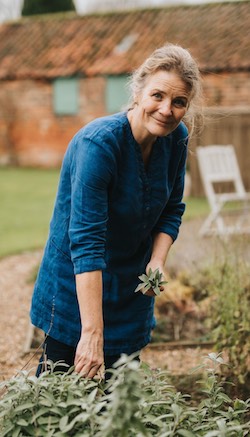
I grew up with home-grown fruit and vegetables, home-cooked food and lots of time to scamper about outside. I’ve always been passionate about real food. Yet when I was faced with supporting my daughter born with brain damage, my passion turned to devoted study and application. I discovered the power of food to facilitate her neuroplasticity and neurogenesis for recovery.
My bookshelves are groaning with healing food and recipe books. The information we receive is so confusing and complicated, with so much marketing spin it feels like a fairground. I have come to know through experience that if we just stick to the simple message of ‘enjoy real food’, most of us will be well nourished and thus fairly resilient health-wise.
I work to support unpaid carers and I am also a professional member of the National Institute of Medical Herbalists. I run an online group called Stay Well Simply, teach fermenting 101 classes, bang on about informed choice and real food, and during the growing season I lead folk on little adventures to connect with plants’ gifts. Nature inspires my life and work.
Find Jules on FaceBook – Stay Well Simply @OldNortonEstate
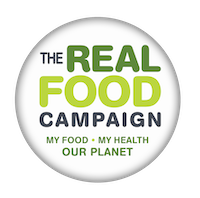


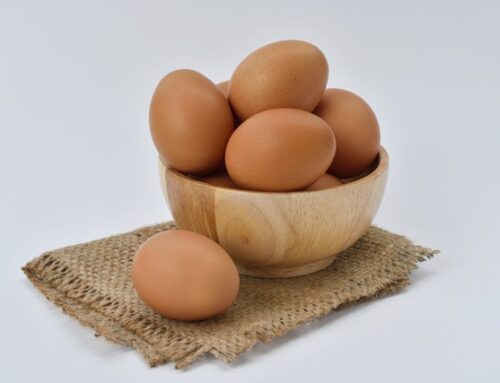
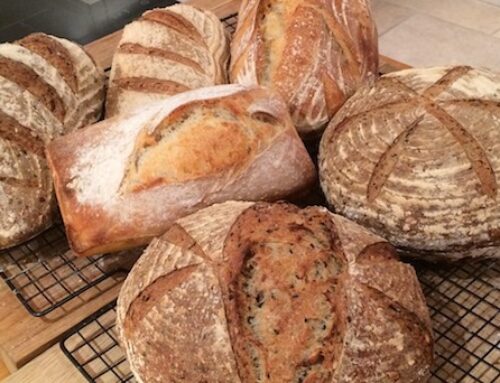
Leave A Comment